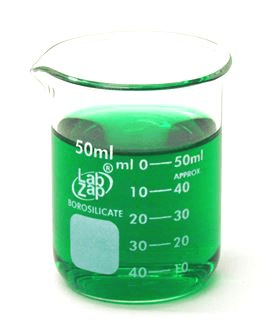HEATING EFFECT ON PHYTOCHEMICAL AND PROXIMATE CONTENTS OF COOKED AQUEOUS EXTRACT OF PHASEOLUS VULGARIS (KIDNEY BEANS)
Keywords:
Cooked bean, fresh bean, heating effect, Phaseolus vulgaris, phytochemicals, proximate contentAbstract
Objective: Plant chemicals and nutrients abound in different parts of plants and in different compositions. P. vulgaris (kidney beans) is a nourishing leguminous food commonly eaten by both human beings and animals in the world due to its health benefits and risk reduction of diseases. It is however, indispensible for plants’ food stuff to retain their phytonutrients for maximum benefits. This study therefore investigated the effect of heat on the phytochemicals and proximate contents in cooked P. vulgaris (kidney beans).
Methods: P. vulgaris (kidney bean) was prepared by winnowing, hand picking of stones and removal of dirt and then lightly washed to remove dust and air dried. Qualitative and quantitative phytochemical analysis and proximate (nutrient contents) analysis were determined on fresh kidney bean (FKB) and cooked kidney bean (CKB).
Results: Results of phytochemical quantification revealed a significant (p˂0.05) increase of alkaloids and saponins in FKB than those in CKB, significant (p˂0.05) increase of flavonoids, glycosides and tannins in CKB than those in FKB. While proximate analysis of cooked sample (CKB) showed significant (p˂0.05) increase in protein content, crude ash content and carbohydrate content FKB.
Conclusion: Obviously, the increased concentrations of phytochemicals in fresh Phaseolus vulgaris may be due to the absence of heat action and the heating effect on cooked P. vulgaris could unleash the high rich nutrients value and could supply its antioxidants roles, thereby improving healthy life when eaten cooked. It was observed that cooking significantly reduced the crude fat. Cooking increased the levels of flavonoids, carbohydrate and protein contents.

Peer Review History:
Received 9 October 2019; Revised 5 November; Accepted 28 December; Available online 15 January 2020
Academic Editor: Rola Jadallah , Arab American University, Palestine, rola@aauj.edu
, Arab American University, Palestine, rola@aauj.edu
Reviewer(s) detail:
Prof. Dr. Hüsniye Kayalar , Ege University, Turkey, husniyekayalar@gmail.com
, Ege University, Turkey, husniyekayalar@gmail.com
Dr. Mohamed Said Fathy Al-Refaey , University of Sadat City, Menofia, Egypt, Mohamed.said@fop.usc.edu.eg
, University of Sadat City, Menofia, Egypt, Mohamed.said@fop.usc.edu.eg
Dr. Gehan Fawzy Abdel Raoof Kandeel , Pharmacognosy Department, National Research Centre, Dokki, 12622, Giza, Egypt, gehankandeel9@yahoo.com
, Pharmacognosy Department, National Research Centre, Dokki, 12622, Giza, Egypt, gehankandeel9@yahoo.com
Downloads

Published
How to Cite
Issue
Section

This work is licensed under a Creative Commons Attribution-NonCommercial 4.0 International License.









 .
.